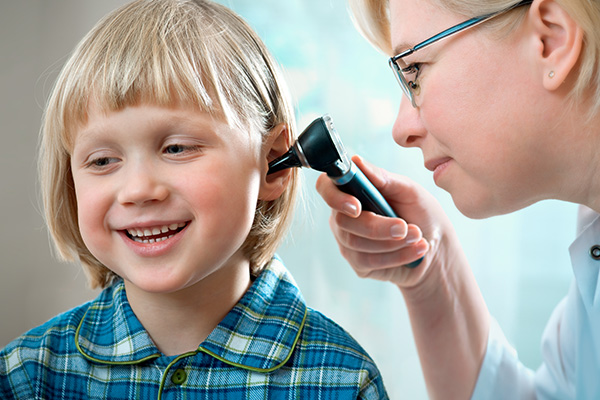Hearing Aid Innovations: What’s New in 2025?
Hearing aid technology has come a long way in the past few years, and 2025


Hearing aid technology has come a long way in the past few years, and 2025

Hearing changes are a normal part of aging, and most adults over 65

Certain sounds can catch our attention in ways that feel unusual or